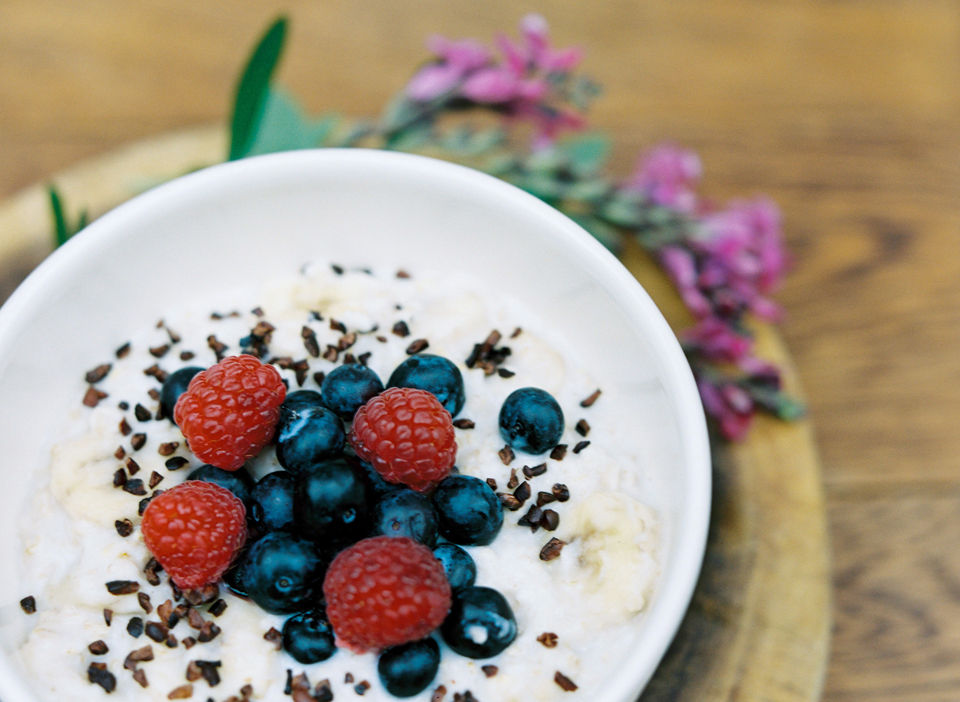Top Tips for Workout Nutrition (and a good body composition)
- Rose Glover

- Feb 21, 2022
- 1 min read
Updated: Feb 22, 2022
What you eat and drink post workout is vital for improving your fitness and body composition. You could end up burning muscle rather than fat, or struggling to complete your planned workout if you don’t eat the right grub at the right time…
Pre workout nutrition
There is much debate (and many conflicting studies) over whether one should exercise on an empty stomach to increase body fat loss – but the fact of the matter is, like most things, you need to find what works for you. Ideally, you should try to eat something to fuel your workout.
Some folk find they feel sick or nauseous if they eat before a workout. If this is you, the trick is to eat 2 – 4 hours beforehand to ensure the food has left you’re your stomach (which may prove difficult if you workout first thing).
While others find they don’t have the energy to get through the session with a little food before hand (that’s me!)
You must ensure your pre-workout grub contains carbohydrates and protein. If you are doing high intensive workouts such as marathons, you must carb load before the event!
Try this -

One or two oatcakes, with mashed banana, with a small sprinkling of cinnamon (which helps stabilize your blood sugar balance).
A small bowl of oatmeal with fresh berries
Apple wedges with almond or cashew butter
Yoghurt (soya or dairy) with berries and a small sprinkling of sunflower or pumpkin seeds
A protein smoothie, just like this one! If you find this is too much, simply have half before your workout, and the rest after.
Recovery Nutrition
What you eat and drink post workout is vital for improving your fitness and body composition. For cardio sessions, you should eat in the 30 minute window afterward training, and for more strength training sessions, that window can be extended up to 2 hours post workout.
Replace fluids
Your muscles cannot fully recover until your cells are properly hydrated. Pure water is the best source of hydration for the average exerciser. Sport drinks like Gatorade replenish electrolytes but contain large amounts of sugar and calories. Only athletes may need the extra electrolytes that make sports drinks worth the extra sugar and calories.
Coconut water is a great alternative to sports drinks, offering plenty of potassium and magnesium, which restore your electrolytes.
Refuel
You need to replace the fuel (i.e. carbohydrates) that you’ve used up during your session. If you don’t so this, you will lethargic after your workouts – the opposite of what exercise should make you feel! Your next workout session will be harder to get through.
You can get your carbs from whole-grains (e.g. quinoa, buckwheat noodles, brown rice) or fruits and veggies. If you are trying to lose weight, simply portion control your carbs (i.e. ½ cup of brown rice).
Rebuild
You need plenty of protein to repair muscle cells, jumpstart recovery and prevent muscle loss. (The amount of protein depends on body weight, intensity level, length of workout, gender – you usually need between 10 – 20 grams).
Try:
Ideally, you could try and time your workouts so you have a main meal afterwards (either breakfast, lunch or dinner), just ensure your meal is properly balanced (proteins, fats and complex carbs)
Meal & snack ideas
Plant or animal protein (chicken/fish, or beans/lentils/tofu) with quinoa and vegetables or a salmon or tofu stir-fry with buckwheat noodles
Spinach salad with sliced chicken breast / tofu fillet
Protein smoothie
Veggie omelette or a tofu scramble
Half an avocado with hummus and a tomato.
And one final thing …
Exercise causes inflammation and ‘free radicals’ in the body, you need lots of antioxidants hanging around to mop these up – so ensure you eat plenty of colourful fruits and vegetables – so get a rainbow of colour daily!






Comments